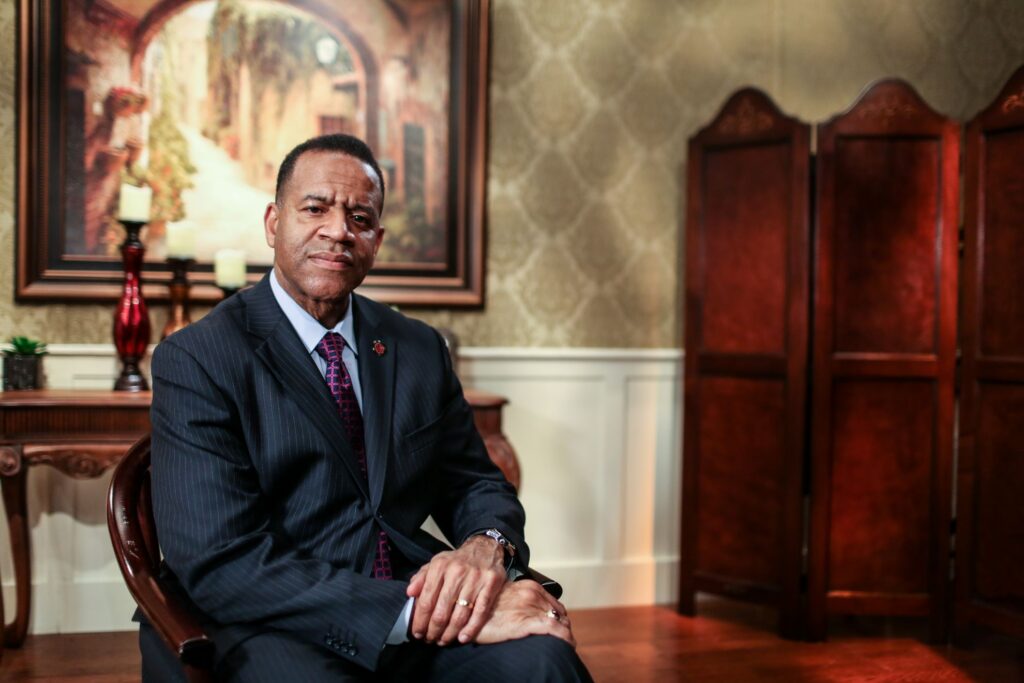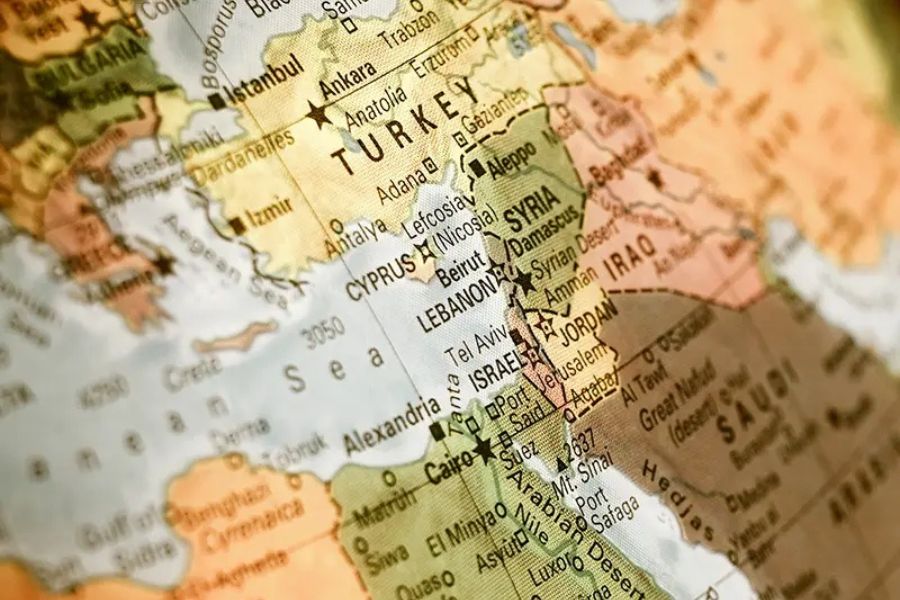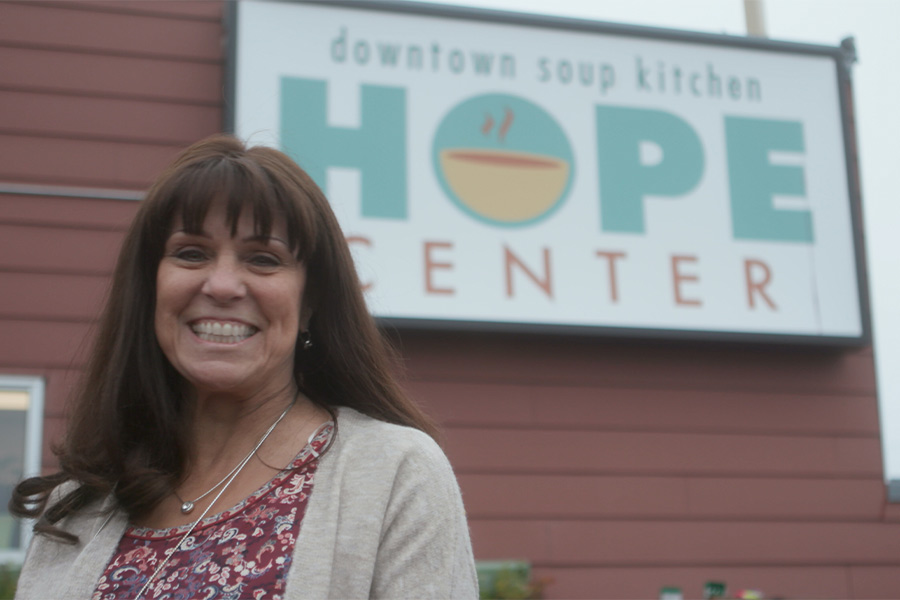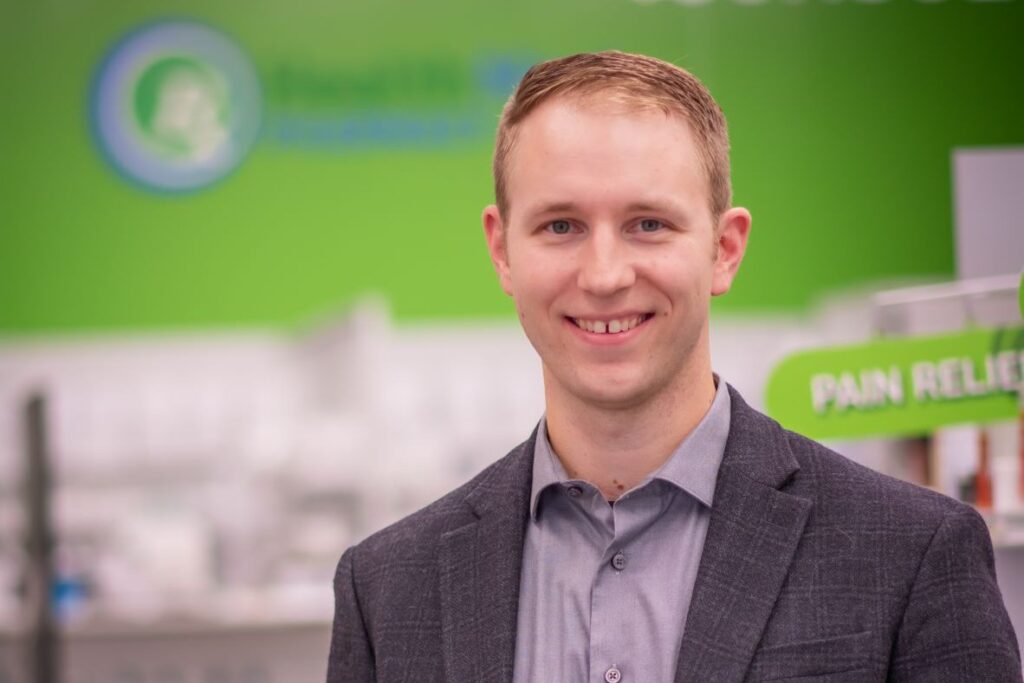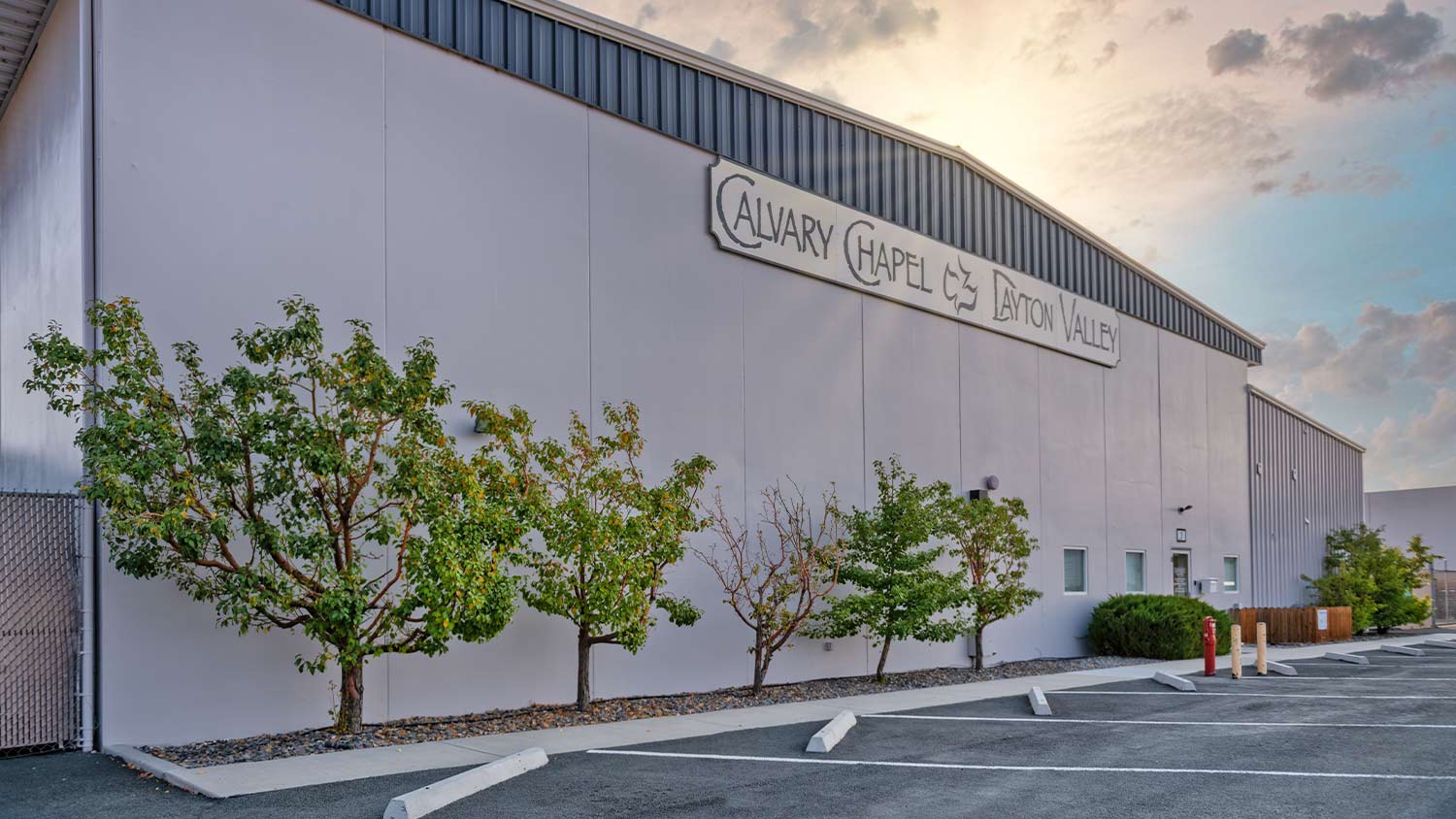
“Las Vegas. Now Open!”
So declared an ad announcing the reopening of casinos after closures due to COVID-19.
But while hundreds to thousands of people streamed into casinos, Nevada churches were prohibited from holding worship services with more than 50 people—under threat of criminal and civil penalties.
That’s a clear (and unconstitutional) double standard. So one Nevada church took a stand to correct it.
Read on to learn more about the case of Calvary Chapel Dayton Valley.
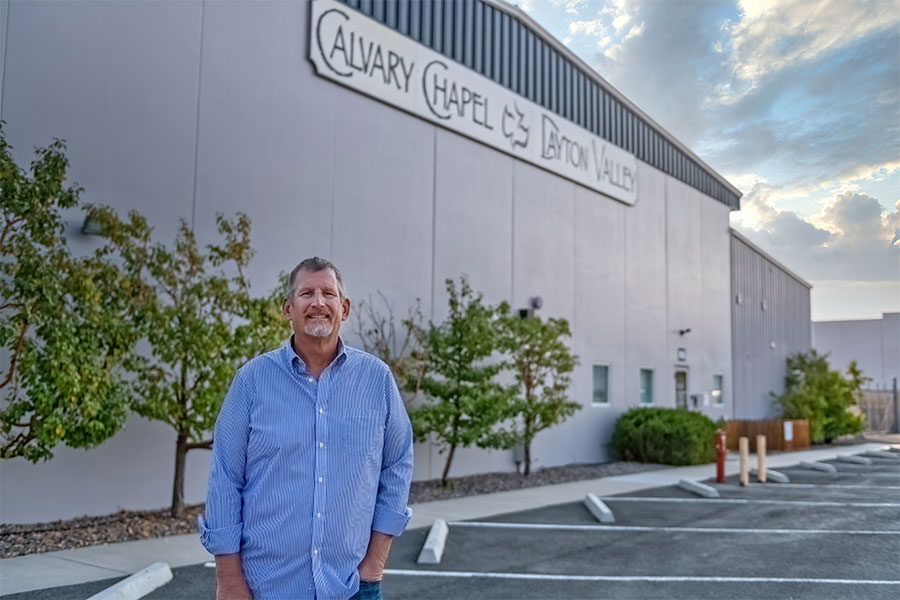
What is Calvary Chapel Dayton Valley?
Like most churches across the country, Calvary Chapel Dayton Valley shut its doors for months in compliance with government mandates, livestreaming its services online.
As Nevada started to reopen at the beginning of June 2020, the church hoped to resume in-person worship services with certain COVID-19 restrictions. Calvary Chapel Dayton Valley even developed a comprehensive health and safety plan, including meeting at less than 50 percent of its building’s capacity, practicing social distancing, encouraging the use of face masks, and limiting services to 45 minutes.
But Nevada Gov. Steve Sisolak had other plans. Instead of prioritizing religious freedom, Gov. Sisolak continued to restrict church meetings while providing exceptions for “non-essential” businesses—such as casinos, restaurants, bars, theme parks, and gyms.
While these secular organizations could reopen at half capacity, churches faced criminal and civil penalties if they opened their doors to 50 or more attendees—no matter how large their buildings or the safety precautions in place.
Calvary Chapel Dayton Valley knew that wasn’t right.
Calvary Chapel Dayton Valley v. Sisolak
With people pouring into the recently reopened casinos—many failing to social distance or wear face masks—a clear double standard was exposed.
That’s why Alliance Defending Freedom filed a lawsuit on behalf of Calvary Chapel Dayton Valley challenging Gov. Sisolak’s unconstitutional restriction of church gatherings.
Calvary Chapel trusted that the government would eventually restore its constitutional freedoms and allow it to resume in-person worship services at the earliest opportunity.
But that is not what happened.
Instead, Gov. Sisolak played favorites.
As ADF Senior Counsel Ryan Tucker, the director of ADF’s Center for Christian Ministries, put it, “The government can certainly prioritize public health and safety, but it can’t move businesses and non-religious activities to the front of the line for reopening and push churches to the back.”
After a federal district court ruled against Calvary Chapel, ADF attorneys appealed to the U.S. Court of Appeals for the 9th Circuit.
ADF attorneys also filed an emergency application with the U.S. Supreme Court, asking it to immediately halt the COVID-19 regulations that treated churches worse than secular institutions. Unfortunately, the Court declined to halt those restrictions.
But Calvary Chapel’s case continued to proceed at the appellate level, and in December 2020, the 9th Circuit ruled in favor of the church, striking down Nevada’s unconstitutional COVID-19 regulations.
What’s at stake?
The First Amendment requires religious organizations be treated no less favorably than secular organizations. In fact, the Supreme Court has ruled that unequal treatment of churches and religious organizations is “odious to our Constitution.”
As Supreme Court Justice Samuel Alito has written, “The Constitution guarantees the free exercise of religion. It says nothing about the freedom to play craps or blackjack, to feed tokens into a slot machine, or to engage in any other game of chance.”
Case timeline
- May 2020: ADF filed a lawsuit against Nevada Gov. Steve Sisolak on behalf of Calvary Chapel Dayton Valley.
- June 2020: ADF asked the U.S. Court of Appeals for the 9th Circuit to halt Gov. Sisolak’s unconstitutional church restrictions after a district court ruled against Calvary Chapel.
- July 2020: ADF filed an emergency application with the U.S. Supreme Court that asked it to immediately halt enforcement of Gov. Steve Sisolak’s unbalanced COVID-19 restrictions on churches. The Court declined to immediately halt those restrictions.
- December 2020: ADF attorneys represented Calvary Chapel before the 9th Circuit, and the court ruled against the state, striking down the COVID-19 restrictions that treated churches more harshly than other venues.
The bottom line
As the 9th Circuit affirmed, it is unconstitutional to treat churches worse than secular organizations.
Learn more:
ADF General Counsel Kristen Waggoner and Calvary Chapel Pastor Garry Leist appear on “Fox & Friends” to discuss the 9th Circuit’s ruling:
Also on “Fox & Friends,” Tucker talks about Calvary Chapel’s case and the importance of religious freedom more broadly:

